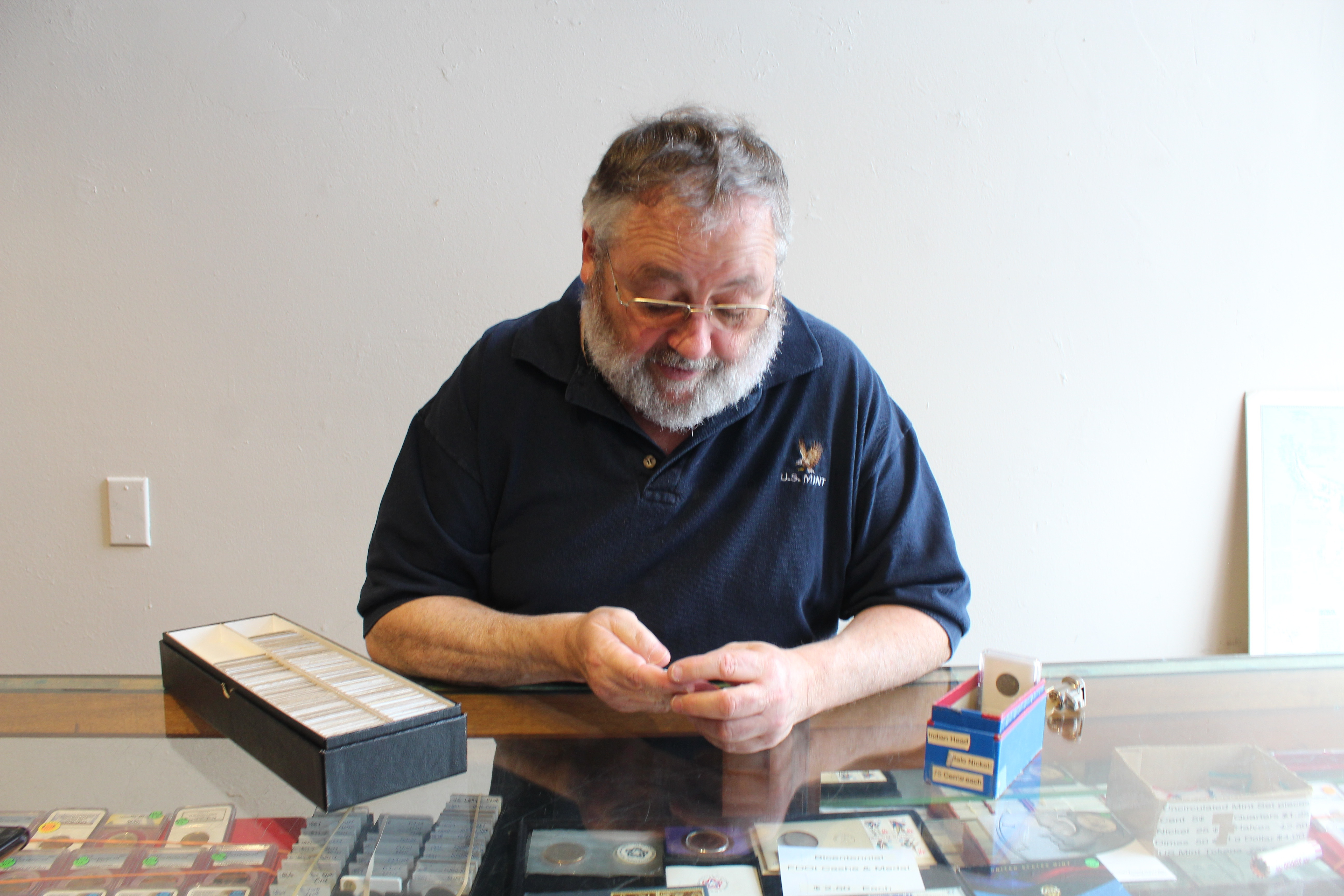Writer’s Notebook: Mencken’s brashness is like catnip
Published 12:30 am Thursday, April 7, 2022

- Steve Forrester
Like many young journalists, I went through an H.L. Mencken phase.
Trending
Known as the “Sage of Baltimore,” Mencken wrote with a brashness that was like catnip to young male writers of my age group. In the early decades of the 20th century, Mencken was more than a newspaperman. He became one of America’s leading literary critics in the American Mercury magazine that he and George Jean Nathan founded.
During every election season, I think about Mencken’s essay on Calvin Coolidge, whom he dubbed “the darling of the Gods.” Mencken evokes the necessity of luck or providence in politics.
Writing four months after Coolidge’s death, Mencken described the effortless manner in which Coolidge climbed the slippery pole to the presidency. At the Republican nominating convention that yielded presidential nominee Warren G. Harding and running mate Coolidge, a Boston newspaperman who had watched Coolidge’s early career told Mencken that if Harding won, he would be dead within months. And he was, catapulting Coolidge into the presidency.
Trending
Coolidge’s ultimate luck, said Mencken, was to quit after his first full term, leaving the onset of the Great Depression to his successor, Herbert Hoover.
In his autobiographical work, “Newspaper Days,” Mencken’s description of the newsrooms of his youth were noisy, witty and irreverent. They were the kind of fast-paced stage sets that are depicted in the play and the movies “The Front Page” and “His Girl Friday.” I was fortunate to see a production of that comic drama on the London stage. The enthusiasm of that evening drew me toward journalism, even though I had already been born into its ranks.
The range of Mencken’s intellect extended to philology and his multivolume “The American Language” and also to music. His essay on Beethoven is spiced with colorful imagery not usually found in the scholarship of classical music. “It was a bizarre jest of the gods to pit Beethoven, in his first days in Vienna, against Papa Haydn. Haydn was undeniably a genius of the first water, and after Mozart’s death, had no apparent reason to fear a rival. … But when Beethoven stepped in, poor old Papa had to step down. It was like pitting a gazelle against a bull. One colossal bellow, and the combat was over.”
His own works and those written about him make the Mencken bookshelf long. Of the biographies, I especially appreciate “The Skeptic: A Life of H.L. Mencken,” written by Terry Teachout, who died in January. “For (Mencken) the United States was a land in which puritanism is constantly at war with hedonism,” Teachout wrote, “(and, analogously, collectivism with individualism), and his great achievement as a social critic was to isolate and dramatize the struggle in a permanently memorable way.”
Teachout asserts that Mencken was to the early 20th century what Mark Twain was to the last part of the 19th – “the quintessential voice of American letters.”
At the same time, Teachout reveals aspects of the man which have not aged well. During the 1980s, my wife and I attended a one-man play in which an actor portrayed Mencken. The part that startled me was Mencken’s cluelessness about Adolf Hitler’s evil. In this play, the Mencken portrayer said of Hitler: “He’s a joke.”
Teachout wrote: “Blinded partly by his hatred of Roosevelt and partly by his familial affection for German culture (Mencken was Saxon on his father’s side, Bavarian on his mother’s), he adopted an isolationist line that at its worst was rigid and callous beyond belief: ‘I find it difficult to work up any regret for the heroes butchered in World War II. Anyone silly enough to believe in such transparent quacks as Hitler, Mussolini, Stalin, Roosevelt and Churchill leaves the world little the loser by departing from it.’”
Mencken is strong stuff. If you want a taste, “A Mencken Chrestomathy” is the perfect sampler.









